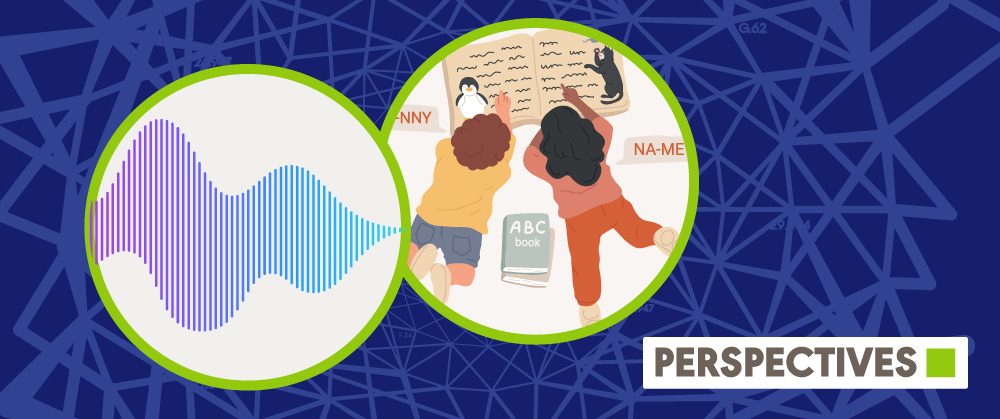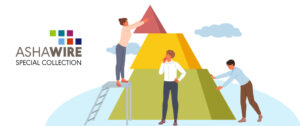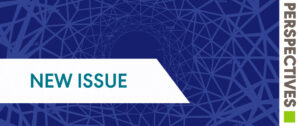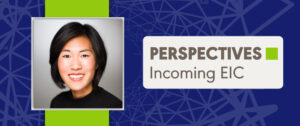School-based speech-language pathologists (SLPs) see children with speech sound disorders (SSDs) every day. In addition to teaching these children how to say sounds, SLPs must also keep in mind that these children are more susceptible to literacy delays.
The latest forum from Perspectives of the ASHA Special Interest Groups presents readers with four articles focused on promoting reading skills in children with SSDs. Guest Editor Kathryn L. Cabbage put together this forum for Special Interest Group (SIG) 1: Language Learning and Education. Read more below to see how you can help ensure that the children with SSDs whom you work with improve their literacy skills!
Literacy Development in Children With Speech Sound Disorders
The forum opens with an article by Brosseau-Lapré and Roepke describing the phonological awareness skills of children with SSDs using three case studies. The authors show how school-based SLPs can assess preliteracy skills and provide targeted intervention to facilitate later literacy acquisition.
Next, Ehrhorn shows why SSD is related to word reading difficulties—and how SLPs can integrate word reading skills into their sessions. Ehrhorn emphasizes that not all children with SSD have word reading difficulties and presents the triangle model of foundational word reading skills.
Then, Moody and colleagues introduce “print-rich” speech sound therapy sessions, where children learn correct sound production alongside the associated letter and letter patterns. Their tutorial provides SLPs with book lists and therapy ideas to help SLPs add print referencing to their sessions.
Finally, Cabbage and Algeo-Nichols review existing literature for intervention approaches that target literacy and speech sound production skills. They highlight key findings while also identifying directions for future research.
More From Perspectives
This forum kicks off the August issue of Perspectives. The issue also contains more articles for school-based SLPs from SIG 1, Language Learning and Education, and SIG 16, School-Based Issues. Clinically relevant articles on swallowing, telepractice, public health audiology, and other topics make this issue an informative read for any ASHA member!
We’d like to thank Dr. Cabbage for her work putting together this forum full of resources for school-based SLPs. We hope that ASHA members can use the strategies discussed in these articles to offer students with SSDs the literacy interventions they need. You can read the entire forum online—or explore the individual articles below!
Explore the Forum
Brosseau-Lapré, F., & Roepke, E. (2024). Beyond sounds: Decoding speech errors and phonological awareness in preschoolers. Perspectives of the ASHA Special Interest Groups, 9(4), 922–934. https://doi.org/10.1044/2024_PERSP-24-00001
Cabbage, K. L., & Algeo-Nichols, D. (2024). Literacy-based intervention for children with speech sound disorders: A review of the literature. Perspectives of the ASHA Special Interest Groups, 9(4), 960–983. https://doi.org/10.1044/2024_PERSP-24-00025
Ehrhorn, A. M. (2024). Learning from research: Thinking about why and how to promote word reading in children with speech sound disorder. Perspectives of the ASHA Special Interest Groups, 9(4), 935–948. https://doi.org/10.1044/2024_PERSP-24-00024
Moody, M. A., Timm-Fulkerson, C. C., Westmoreland, J., Dennis, L. R., & Farquharson, K. (2024). Print-rich speech sound therapy sessions: The theory behind it and plans for implementation. Perspectives of the ASHA Special Interest Groups, 9(4), 949–959. https://doi.org/10.1044/2024_PERSP-23-00288







